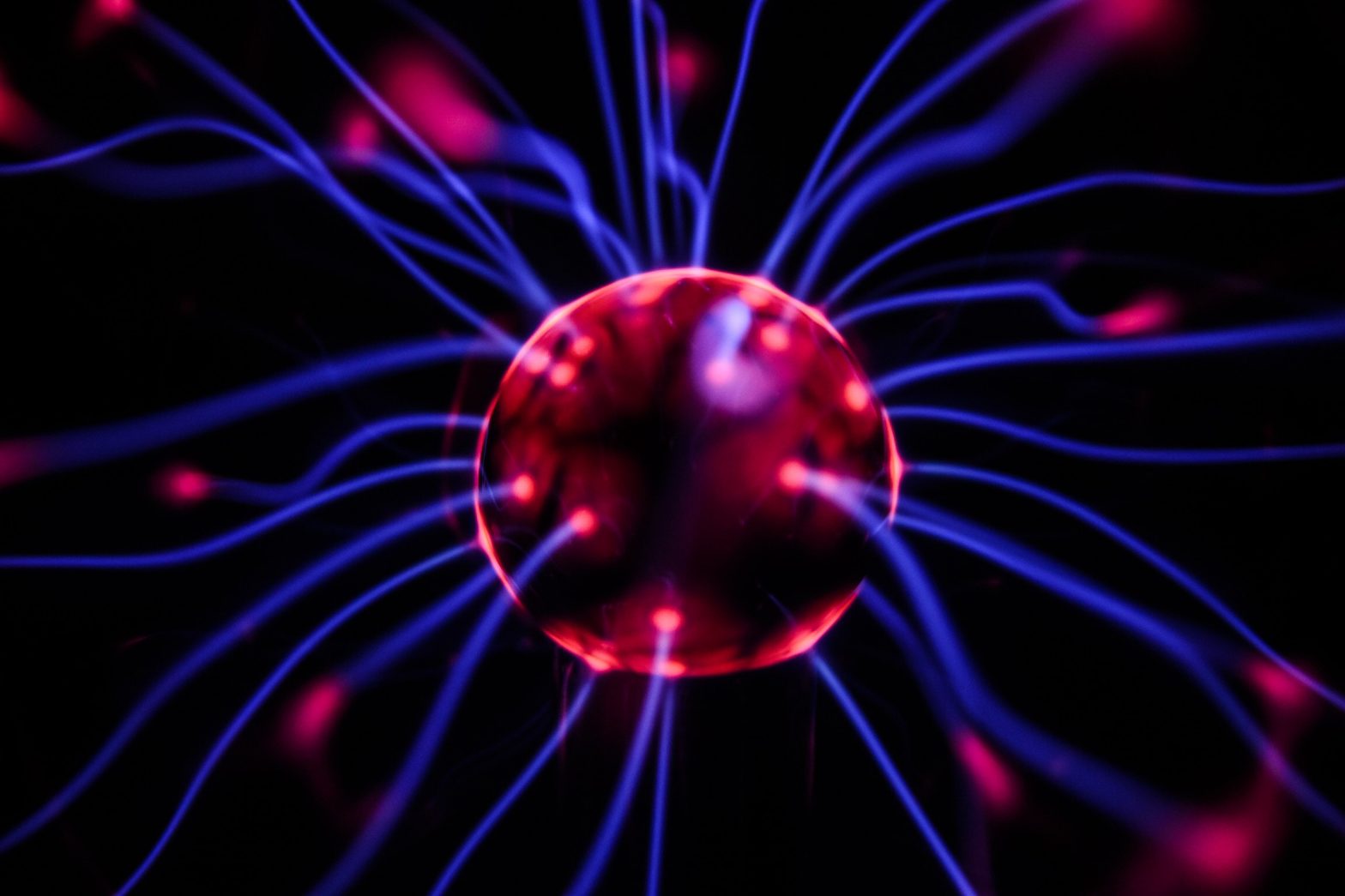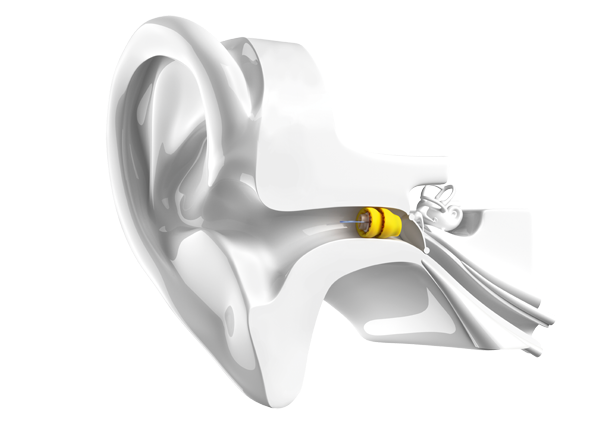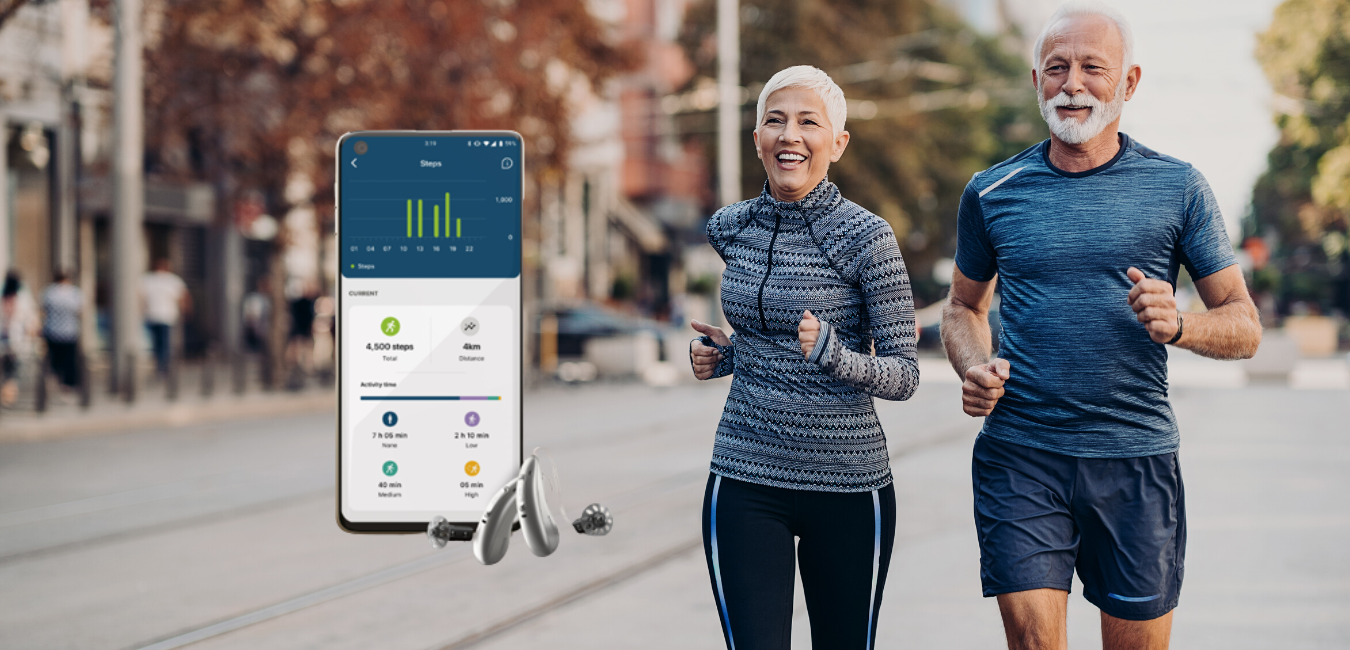What’s the Brain-Ear Connection?
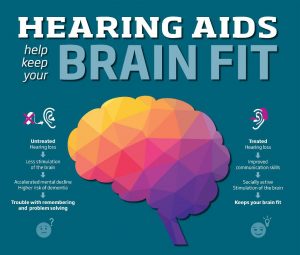
The topic of the brain-ear connection has been discussed for many years in the world of researchers, but what does it really mean and why should you care? By understanding how important this connection is, it changes everything you know about good hearing health and the importance of acting sooner than later.
The brain plays an important role in our hearing. While the brain and your ears work in significantly different ways, the ear and brain work together to impact your hearing health. The ears consist of the Outer Ear, Middle Ear and Inner Ear while the brain primarily consists of the primary, secondary, and tertiary auditory cortex.
Your brain relies on both of your ears to collect sound and uses that incoming data to decide what to focus on. The comparison helps our brain decide which information is important in understanding speech and focuses on that source while ignoring the background noise at the same time. As a result, those with asymmetrical hearing may have difficulty hearing voices in a noisy environment or judging the distance of an emergency vehicle’s siren and typically experience greater communication difficulties.
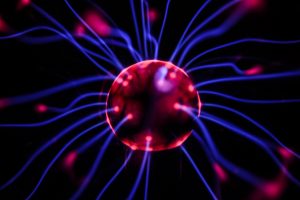
Photo by Josh Riemer on Unsplash
Effects of Deterioration
After years of gradual deteriorated hearing loss, which seems normal for those who are experiencing it, and lack of stimulation, the brain tissue begins to shrink at a faster rate affecting cognitive abilities and further auditory decline. We hear in the brain, and when the ears no longer send the correct amount of stimulation, the brain suffers.
Untreated hearing loss may be an underlying symptom for a larger health problem, such as cardiovascular disease or diabetes. Those with untreated hearing loss are at a greater risk for developing dementia and Alzheimer’s.
Hearing aids can help.
You can easily improve your health, happiness, and mentality by using hearing aids. Hearing aids help you connect with the world around you and engage you with all that life has to offer! Feel good again and know you are doing more than just hearing well again, you are maintaining better brain health as well!
To keep your hearing healthy, hearing healthcare professionals recommend having a baseline hearing test at age 50 – or sooner if you suspect you have hearing loss – and to address any hearing loss diagnosis immediately.
To talk more about the Brain-Ear connection and how hearing aids can help, click here to book an appointment.
Request a Free Hearing Screening or Take our Online Hearing Test

